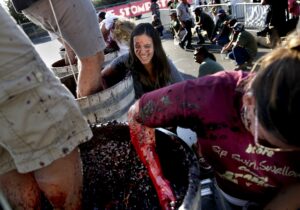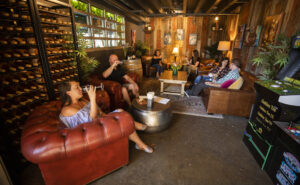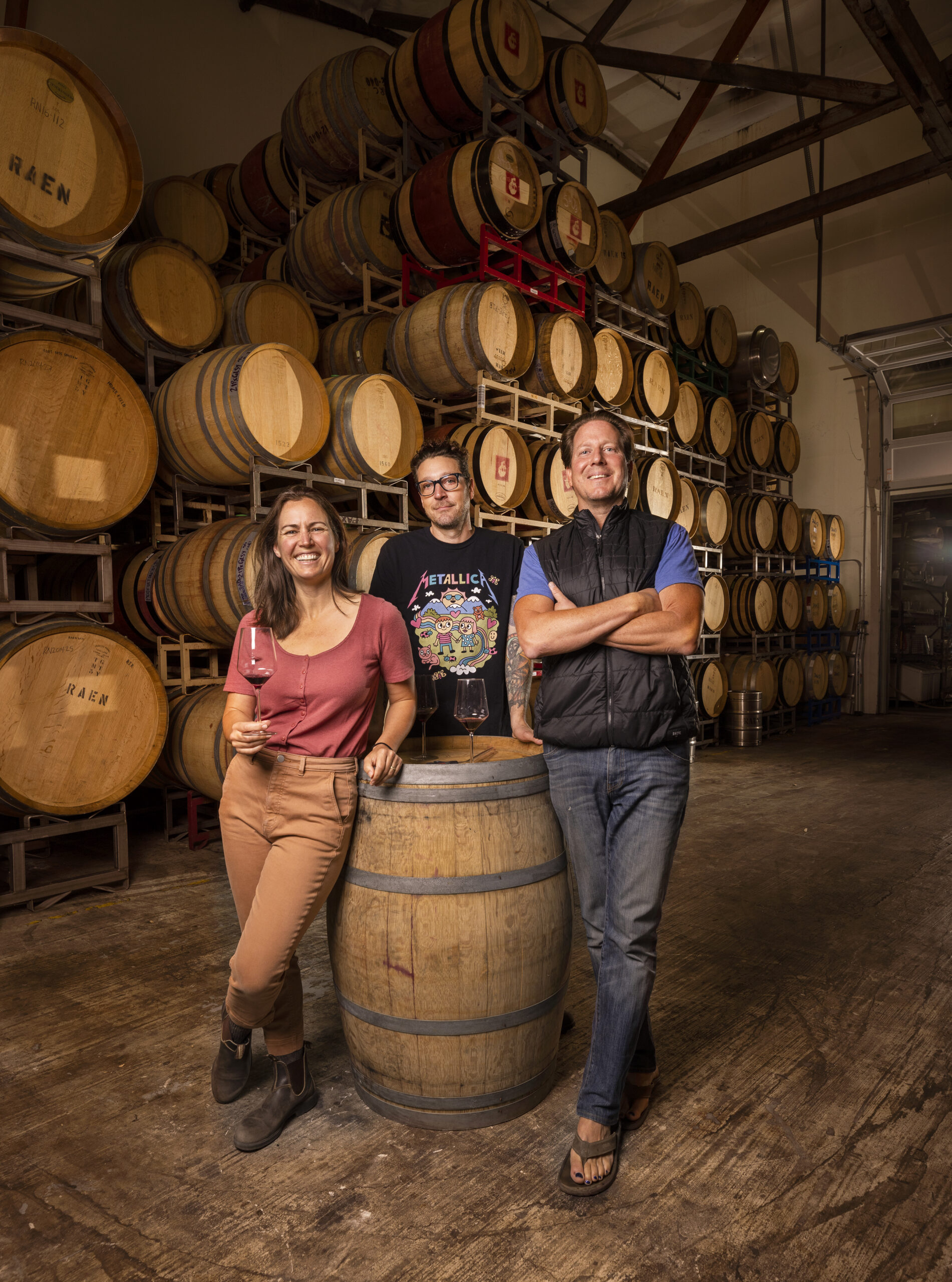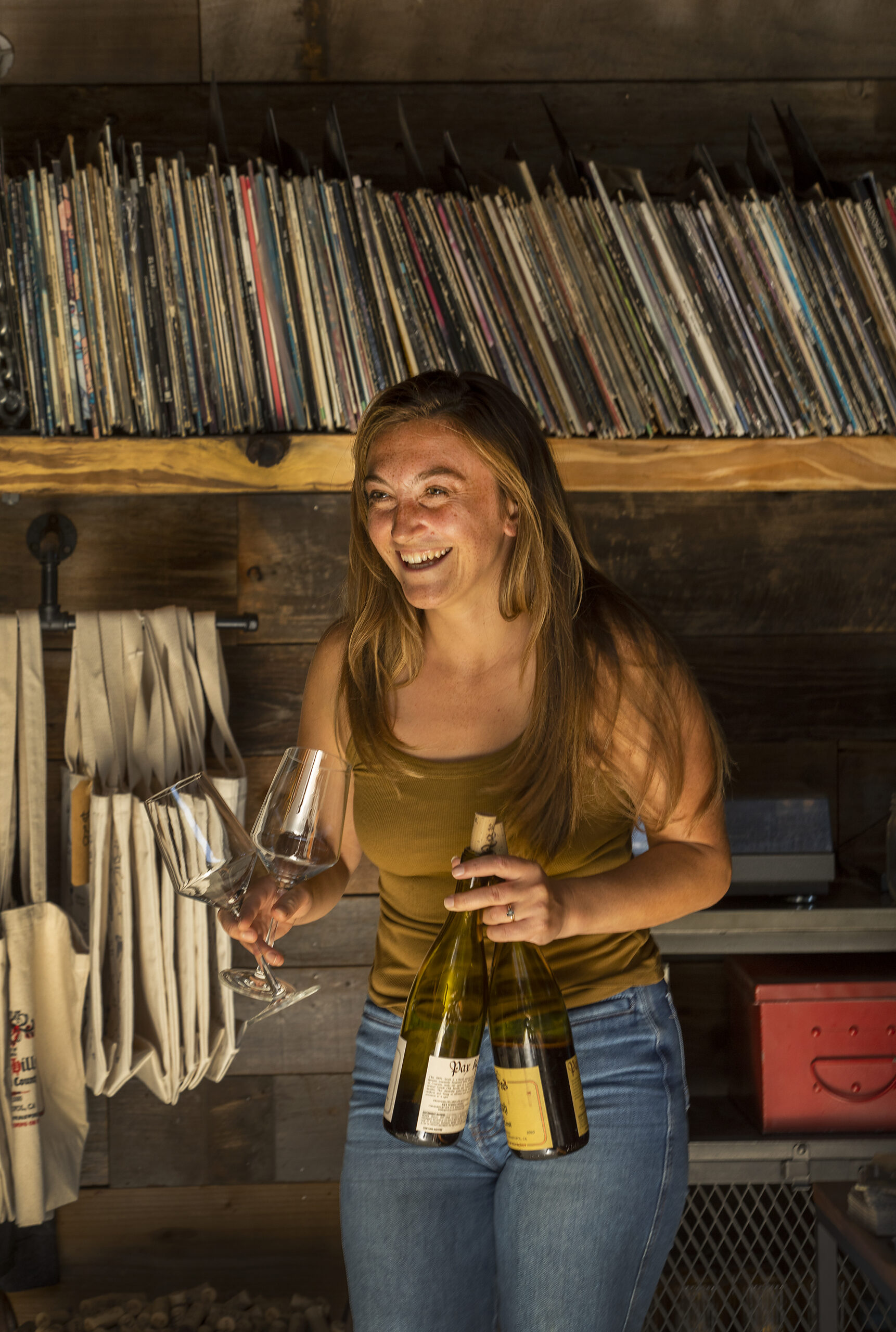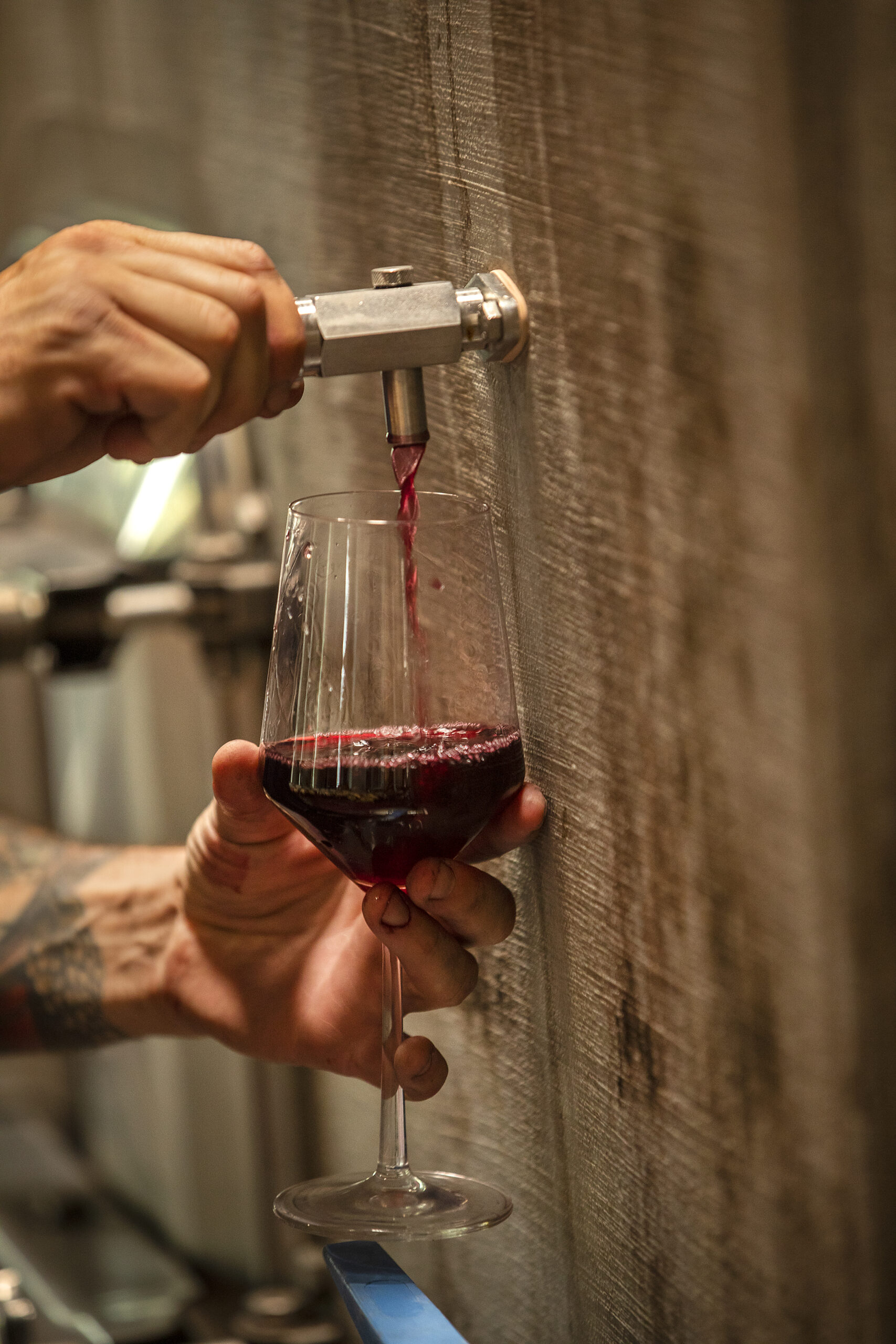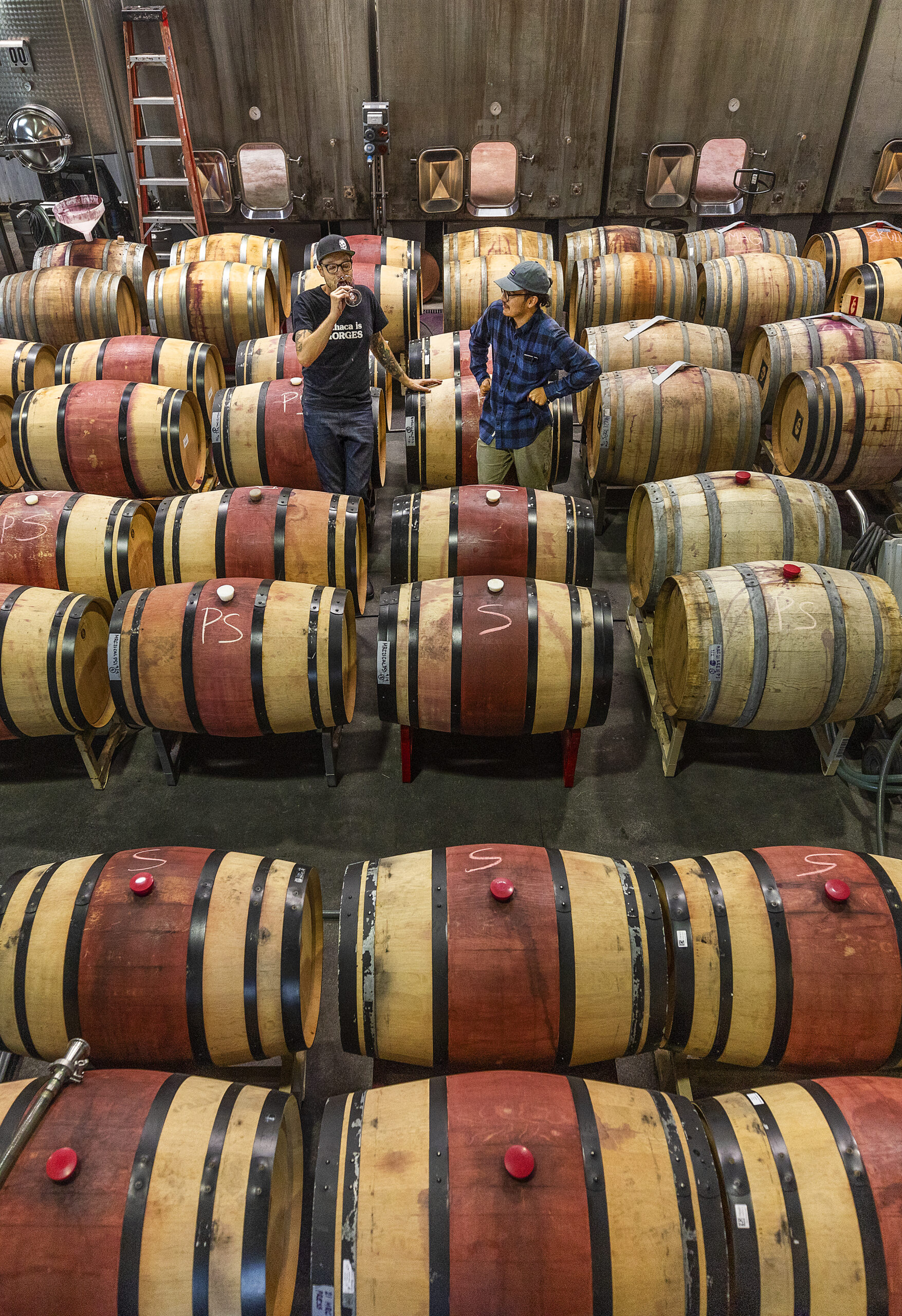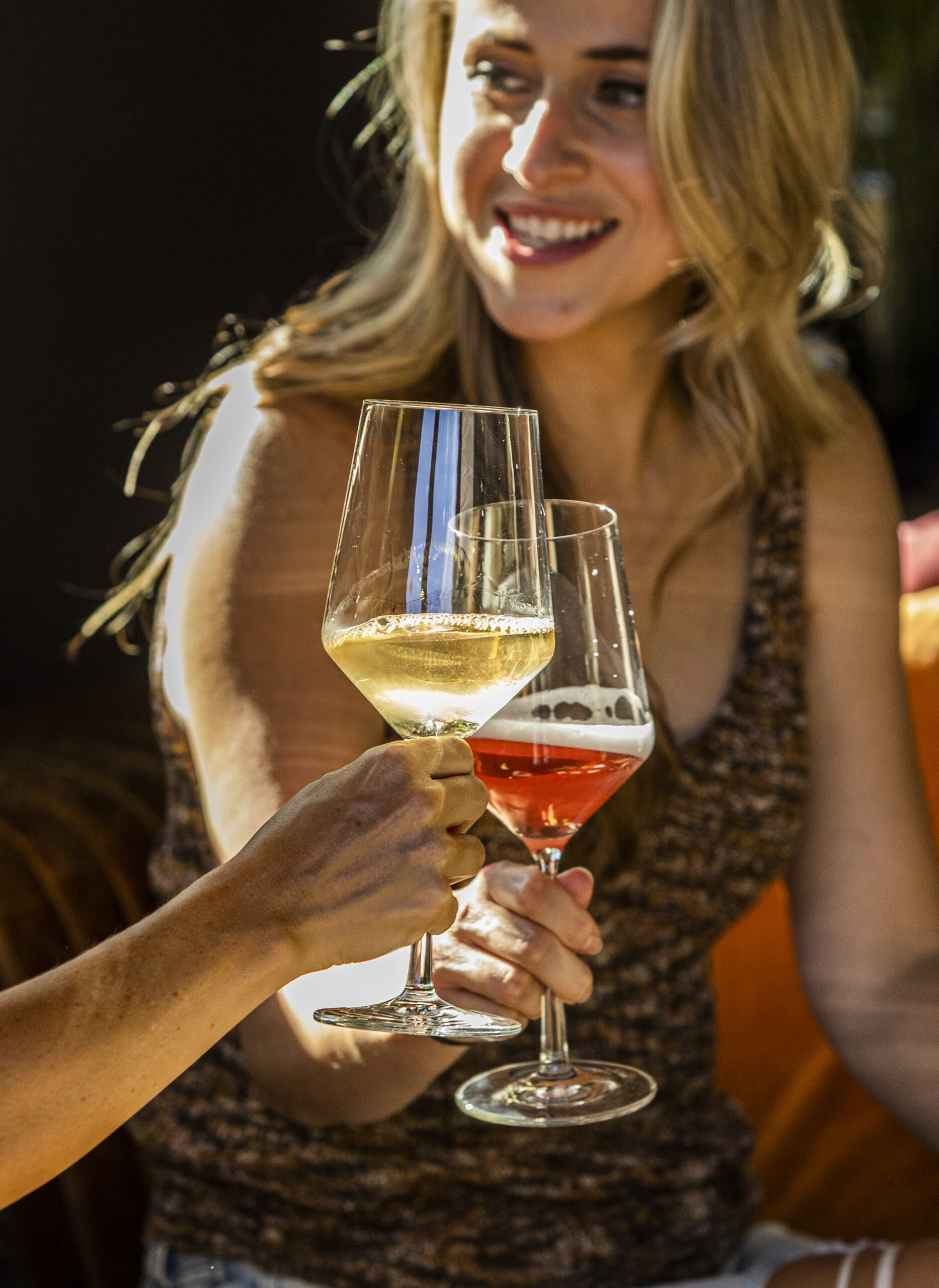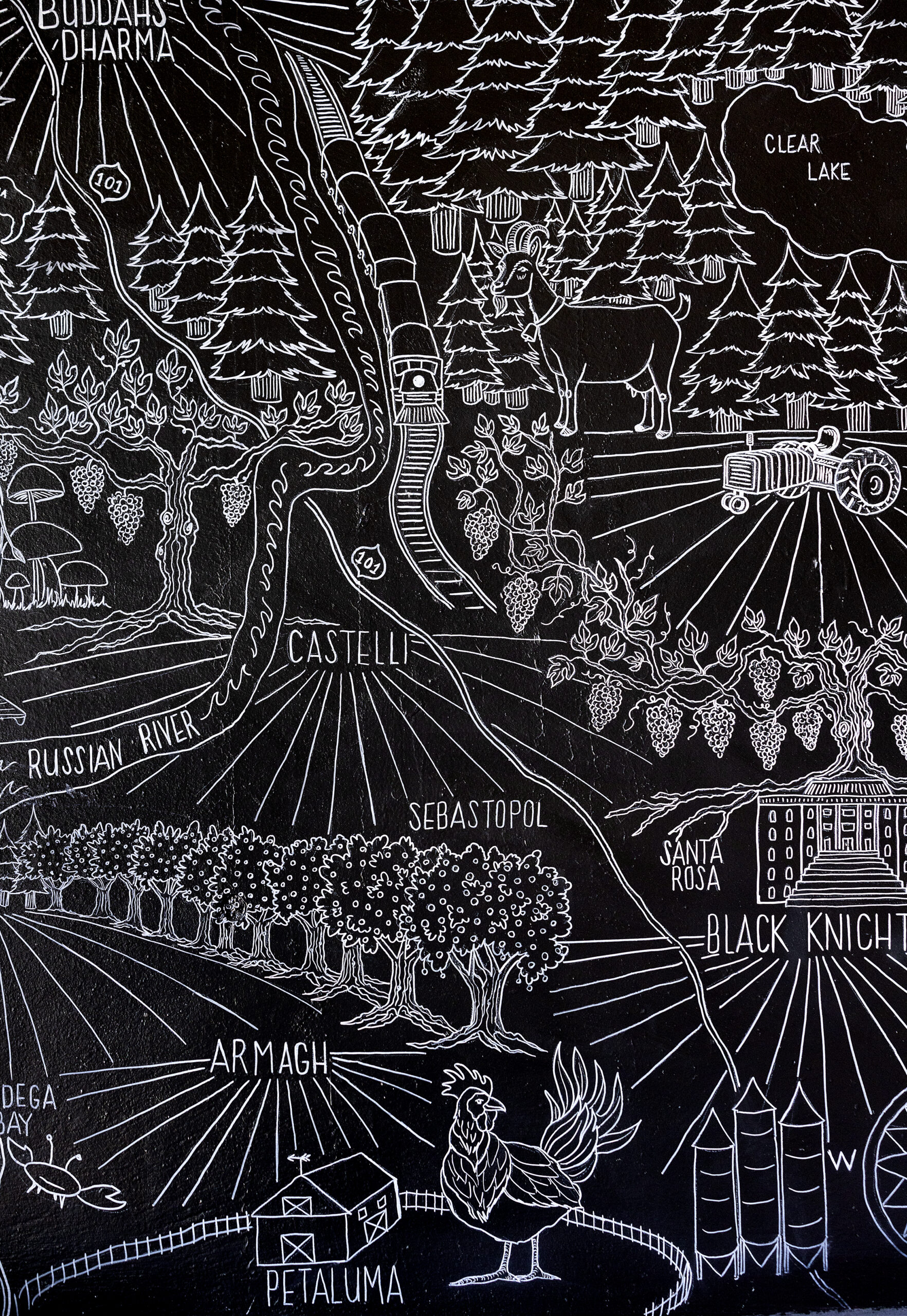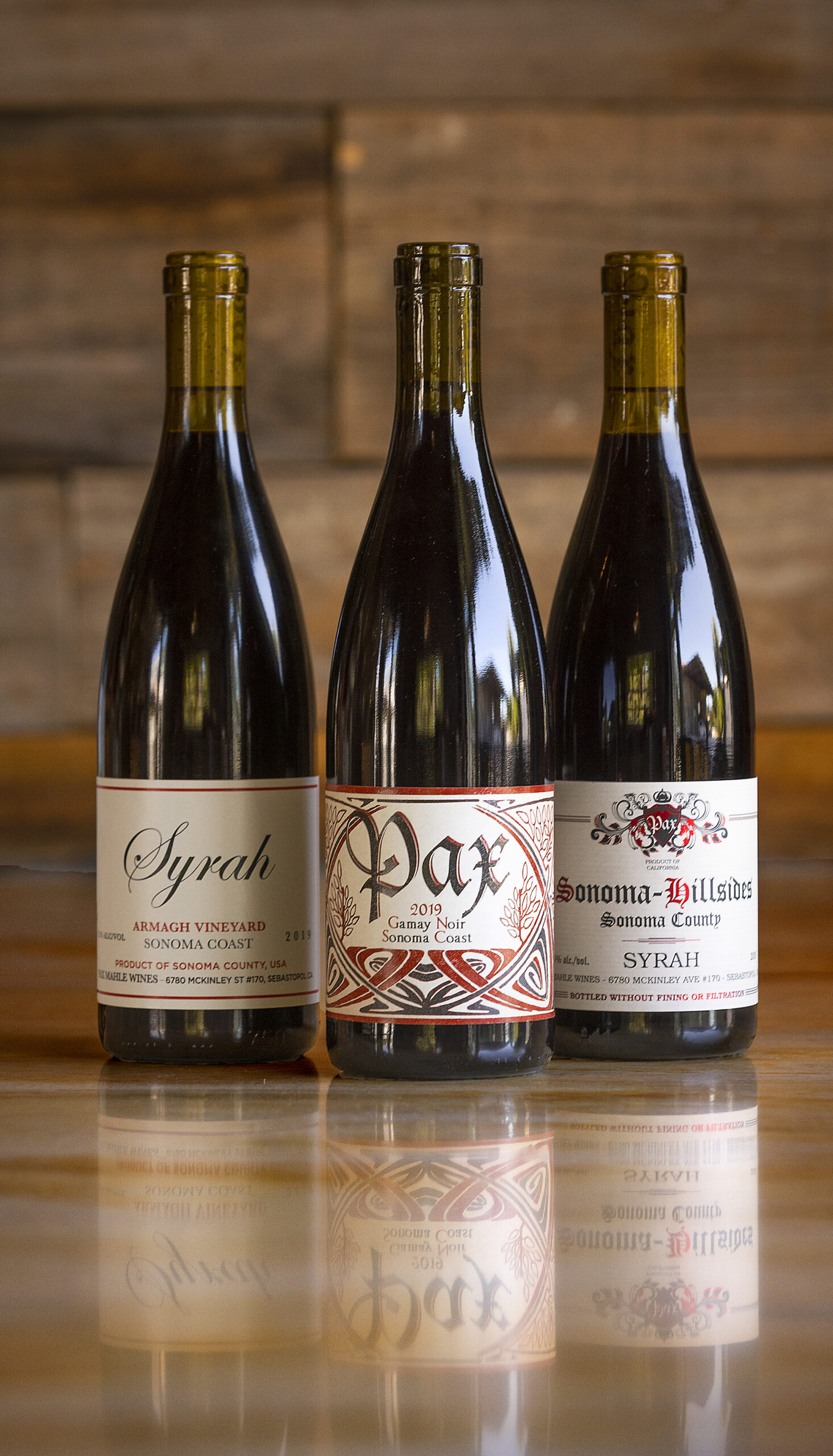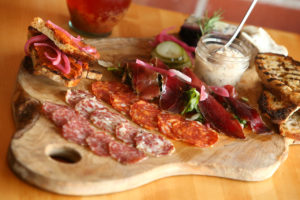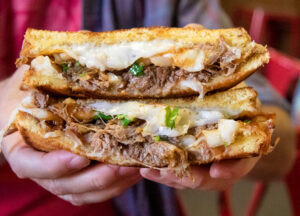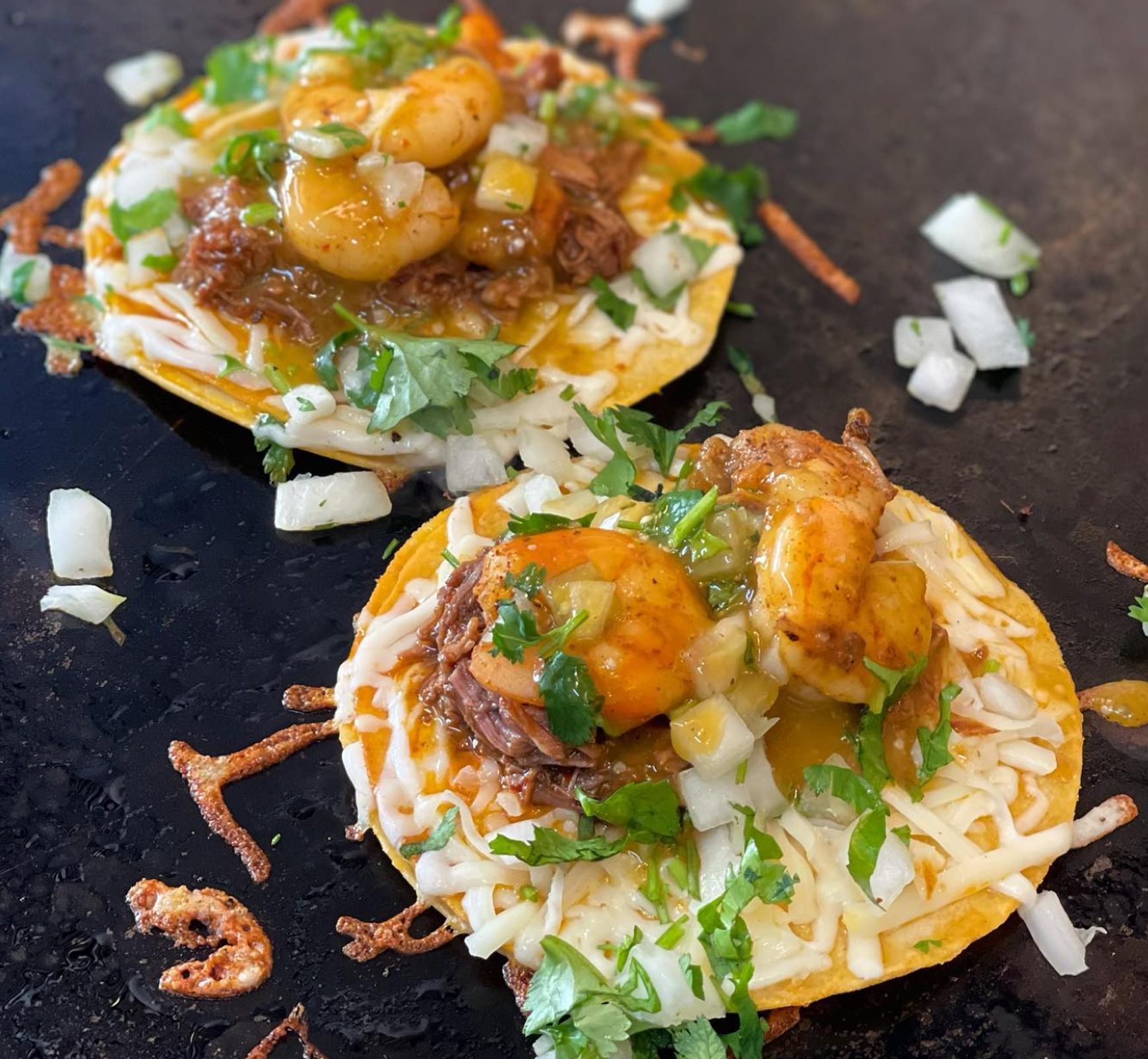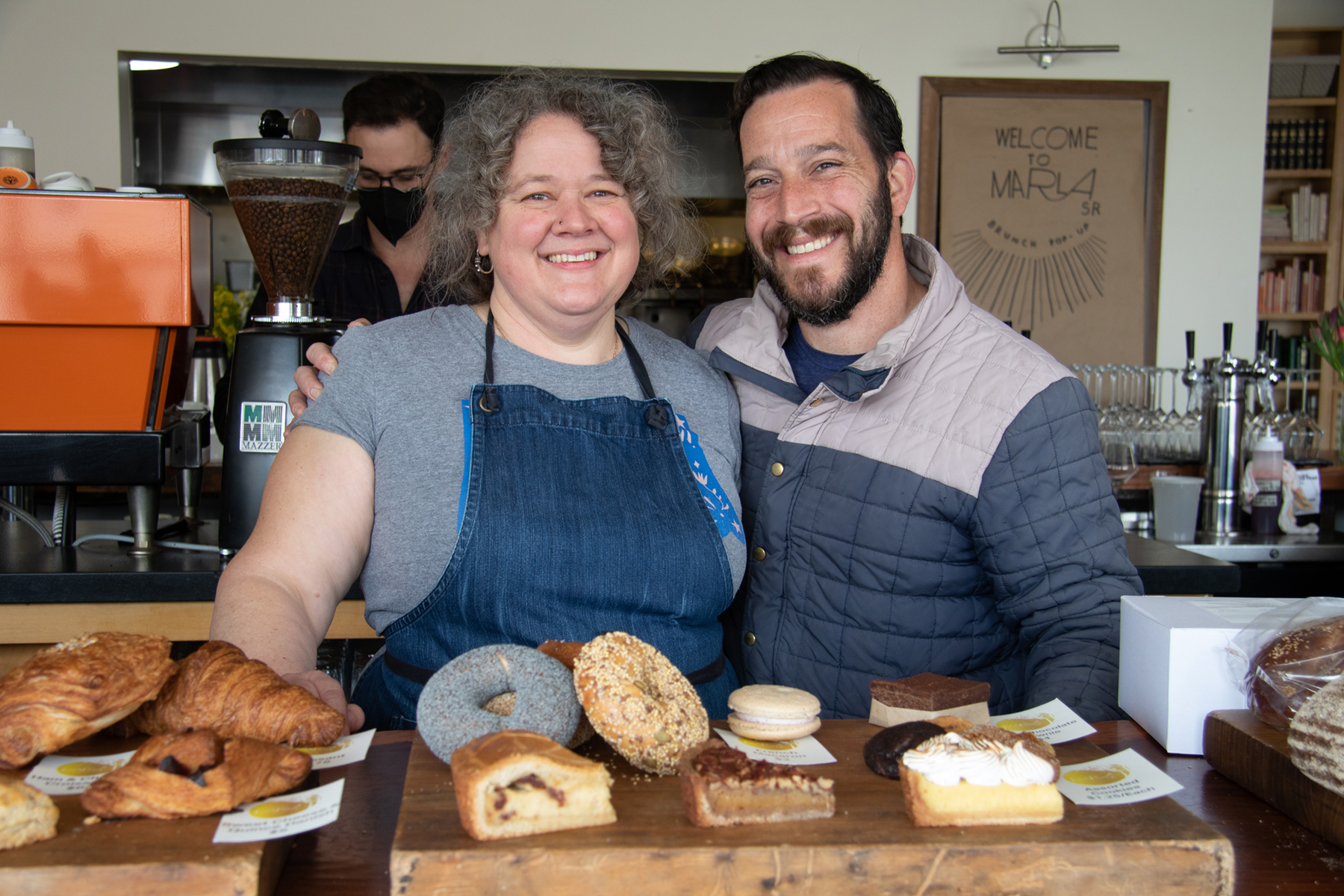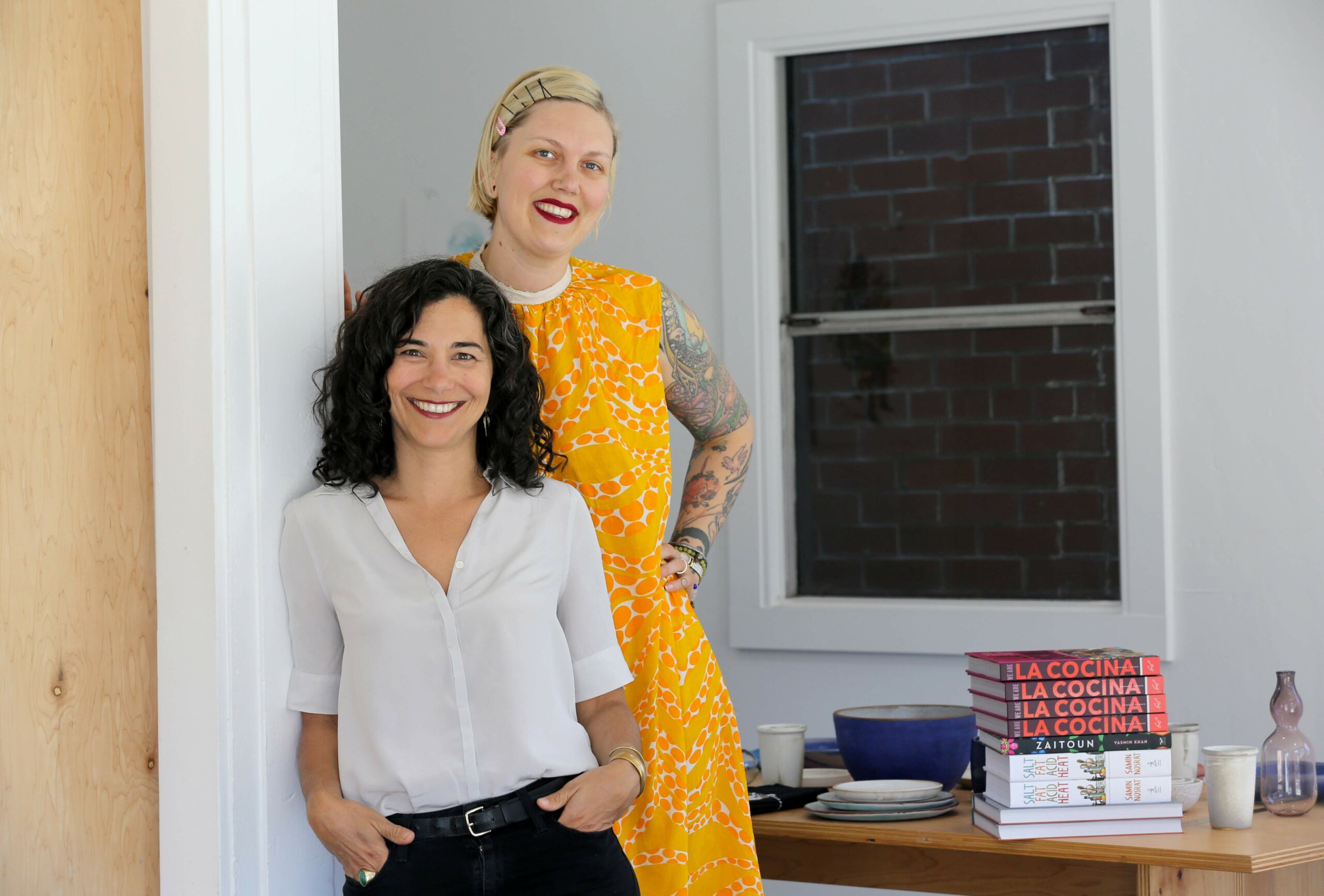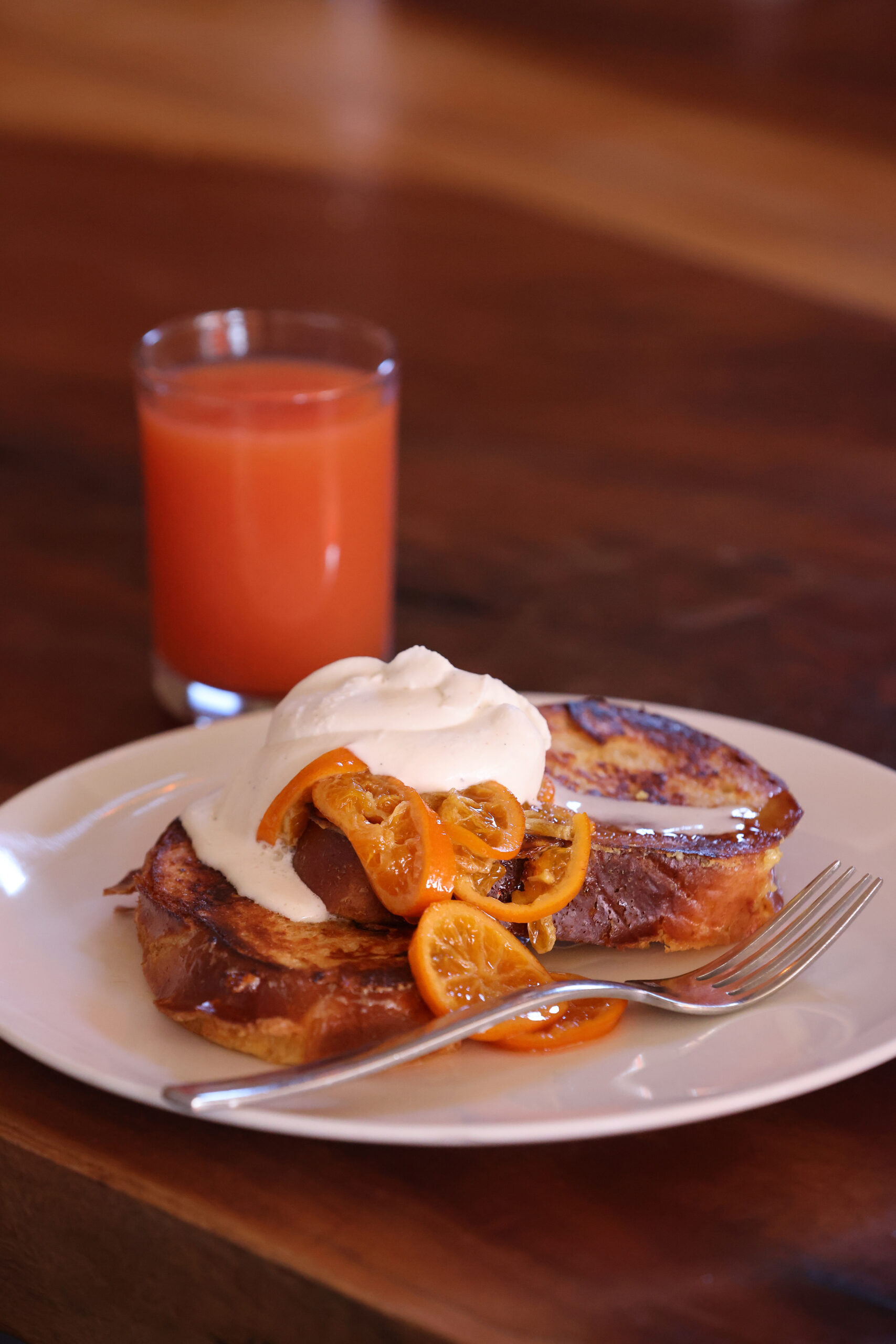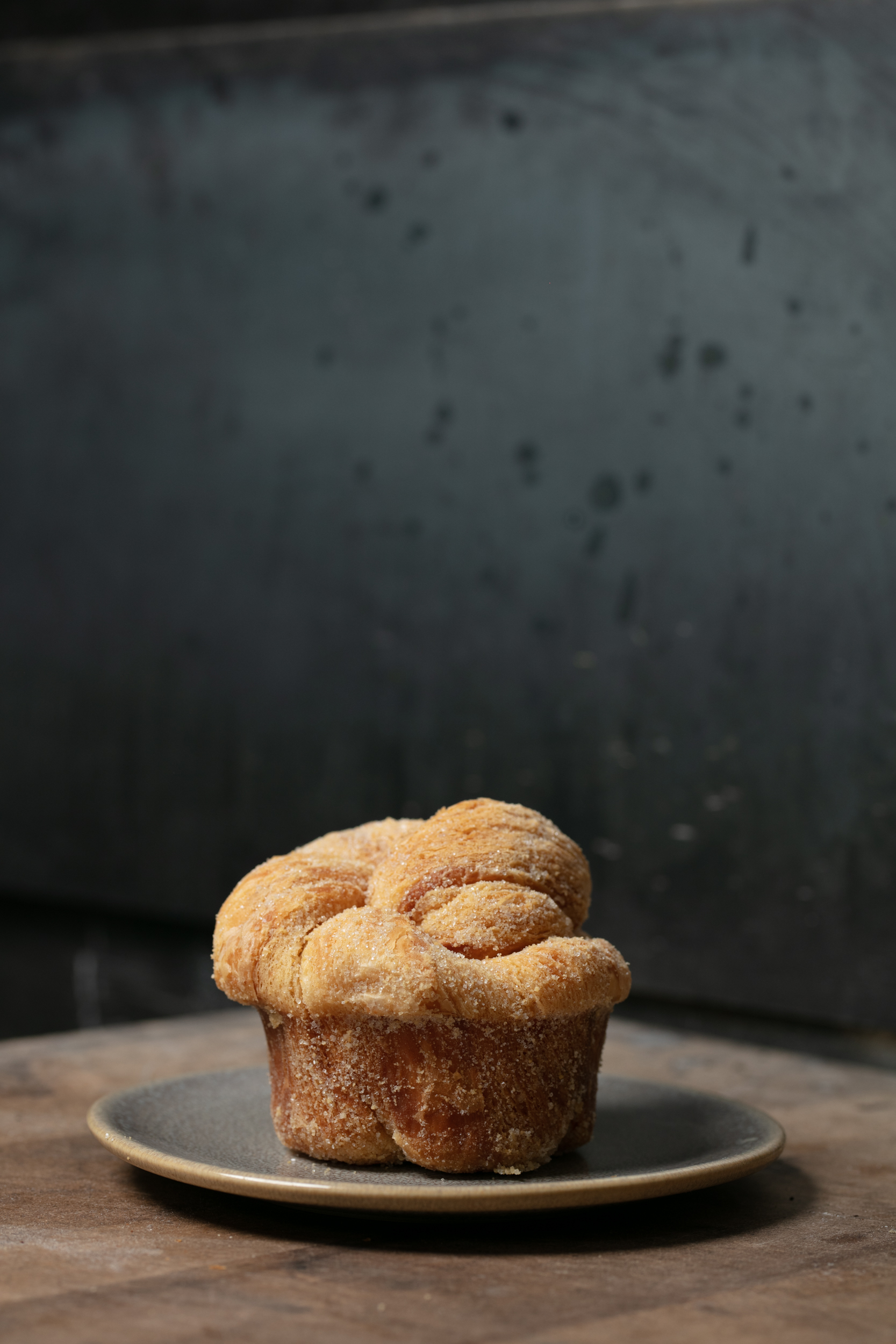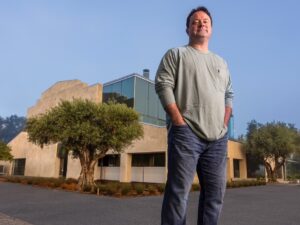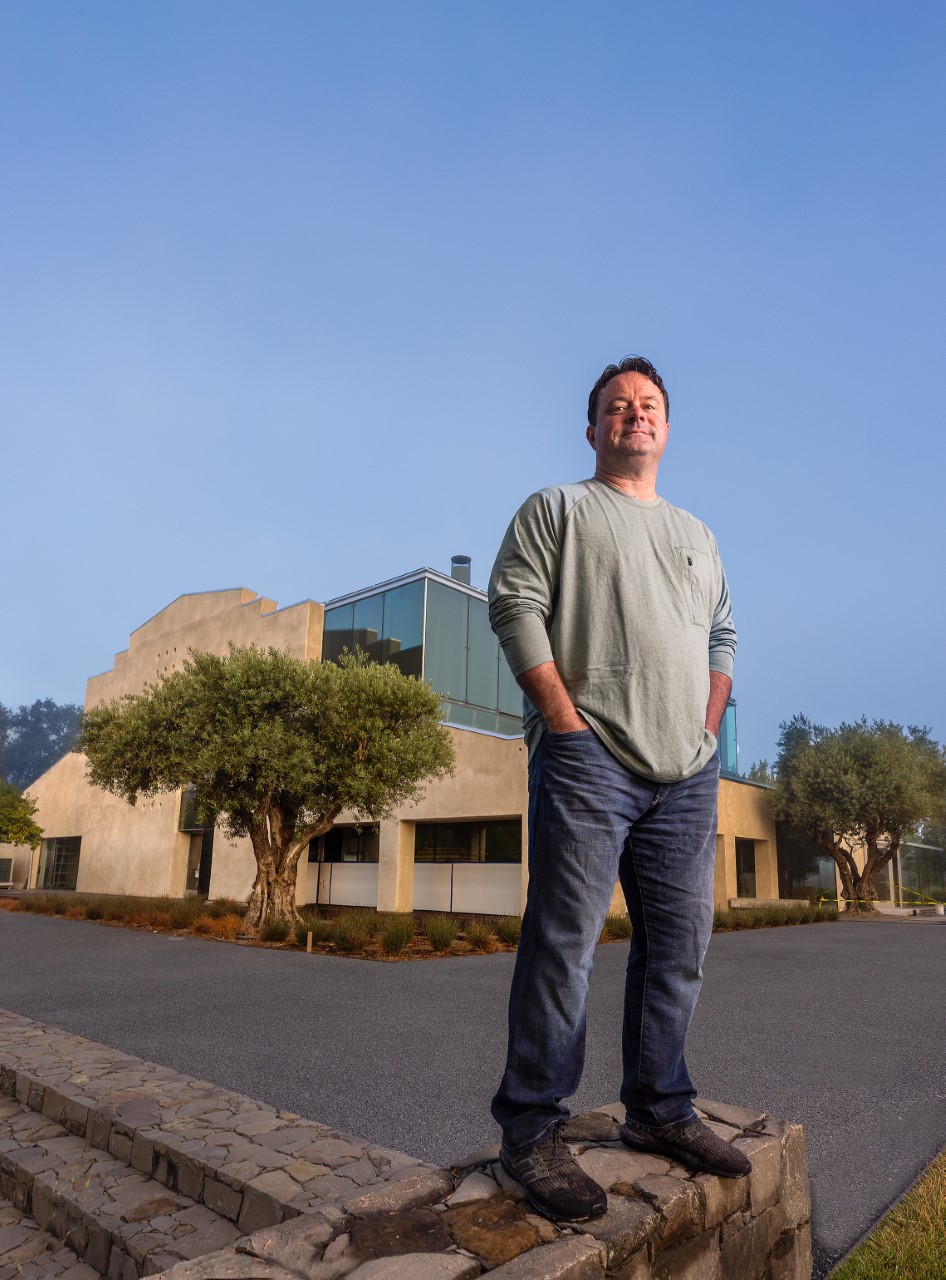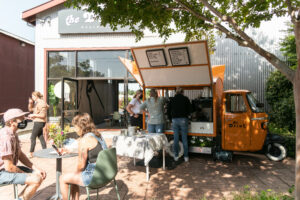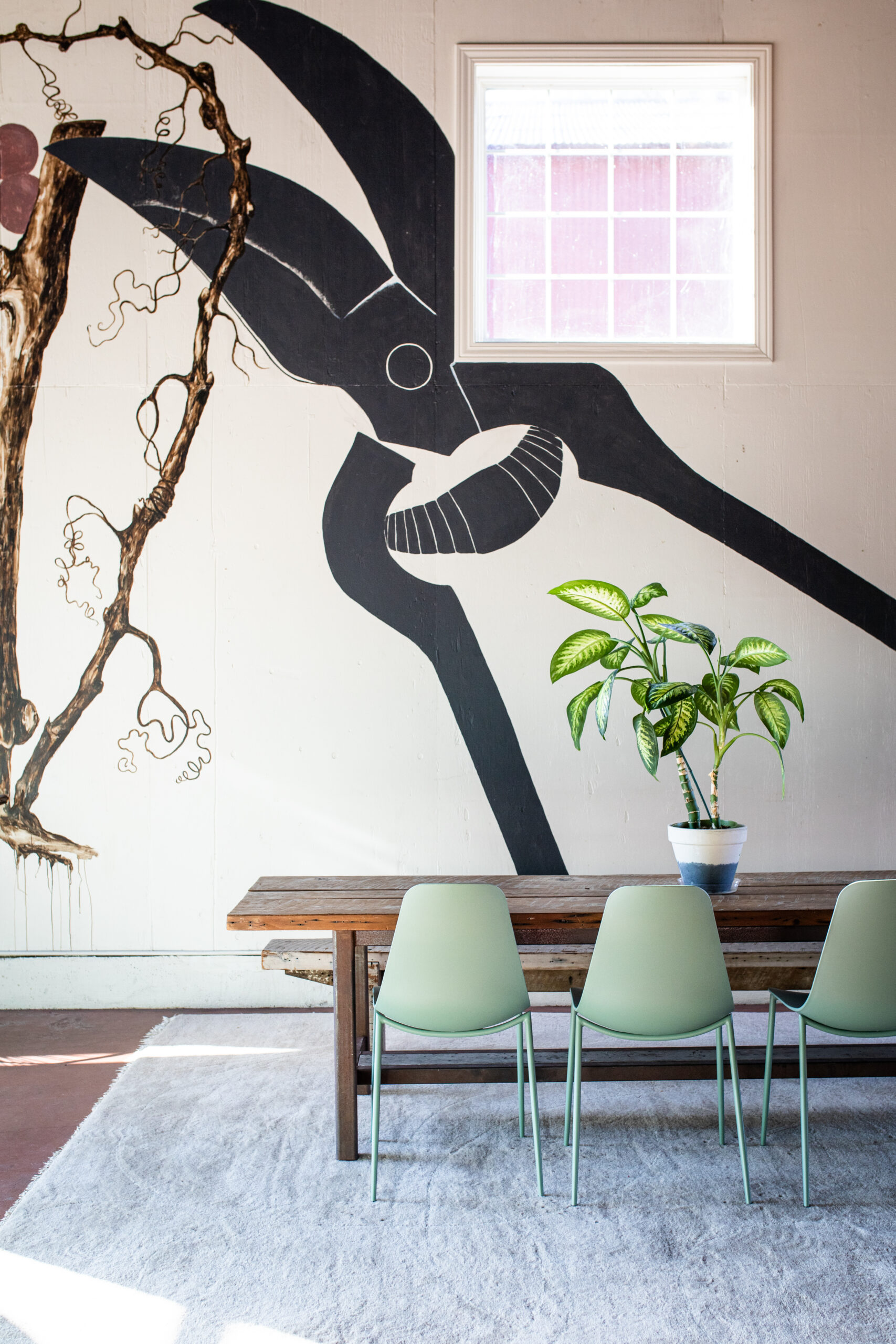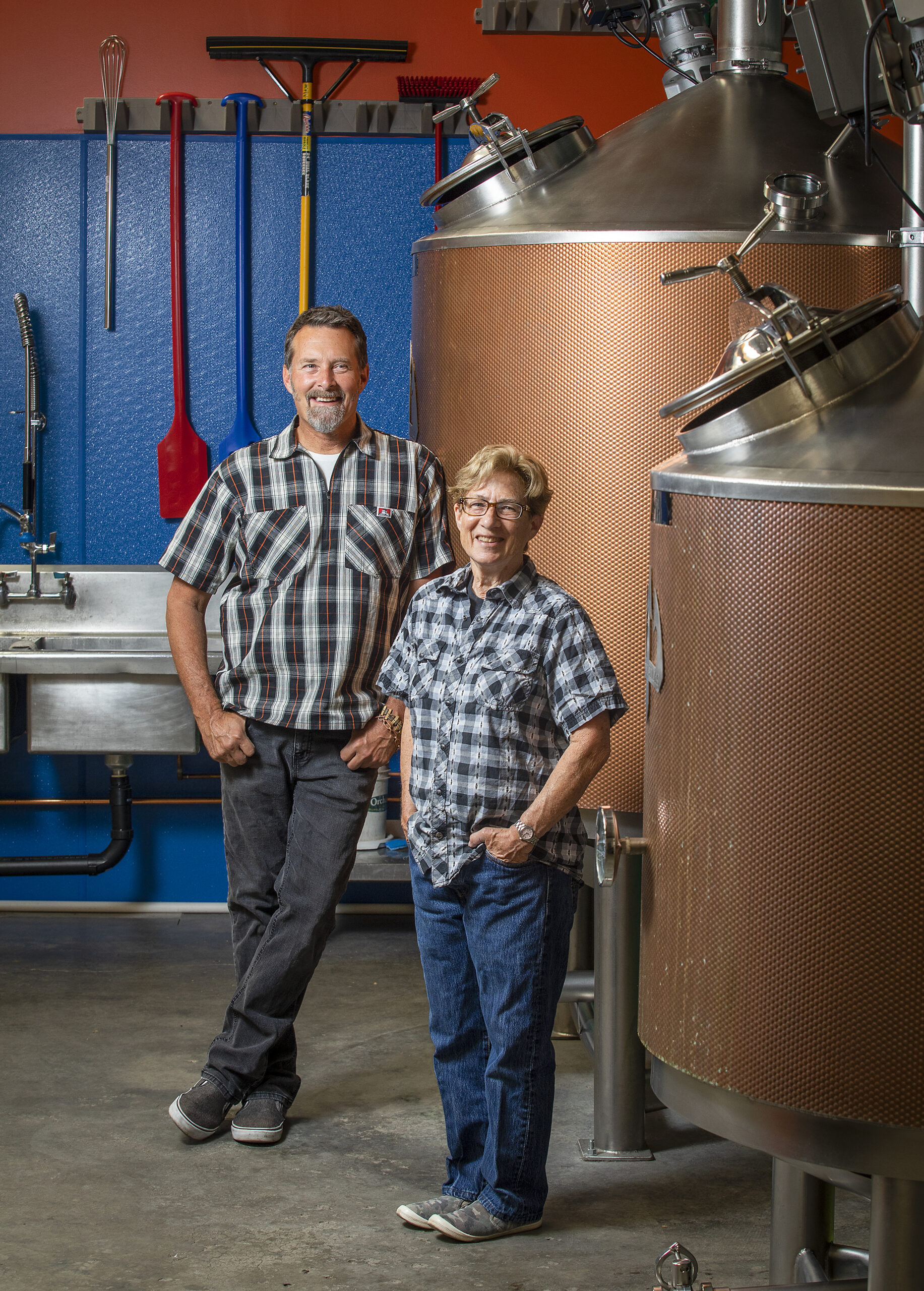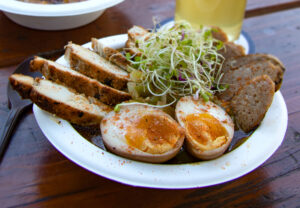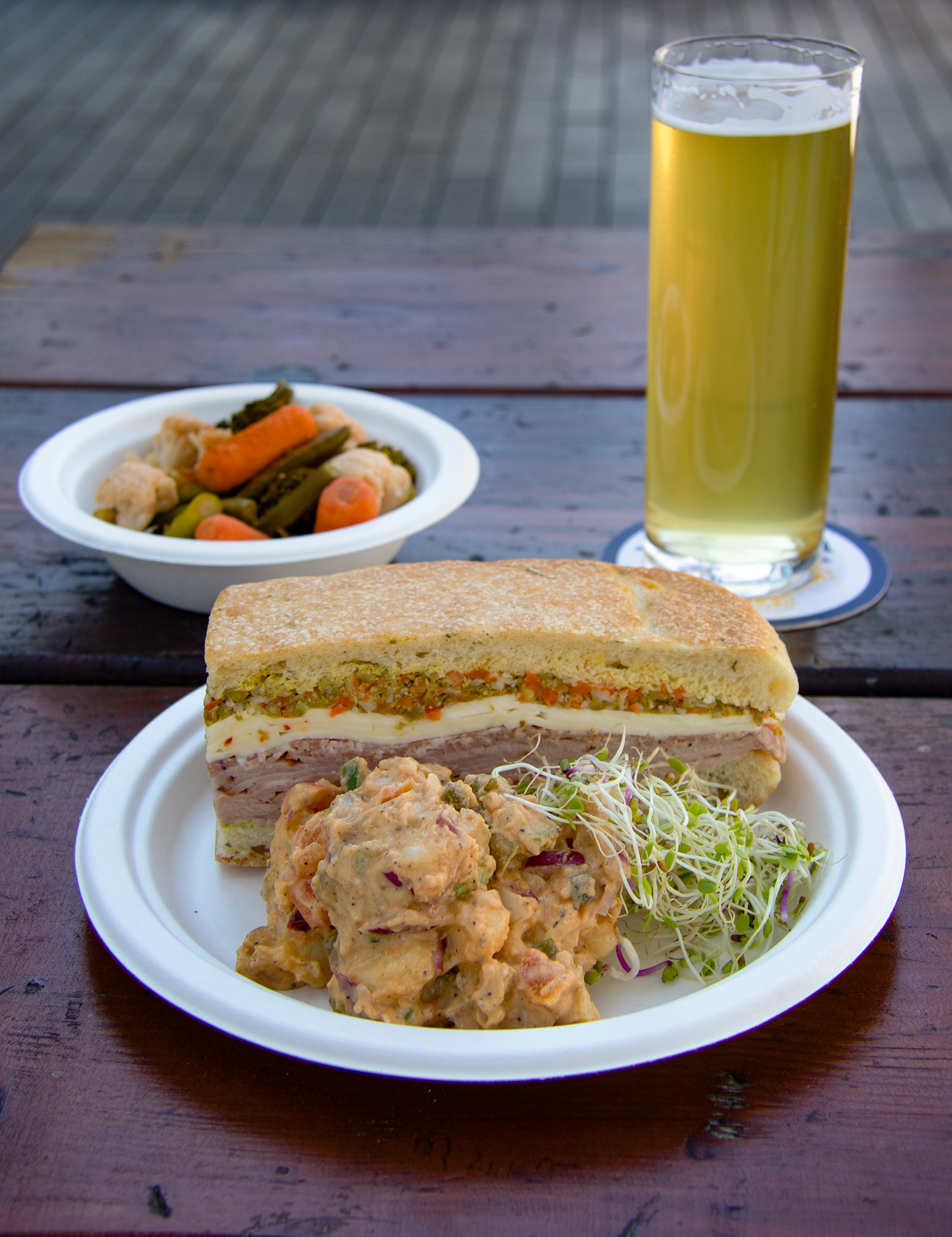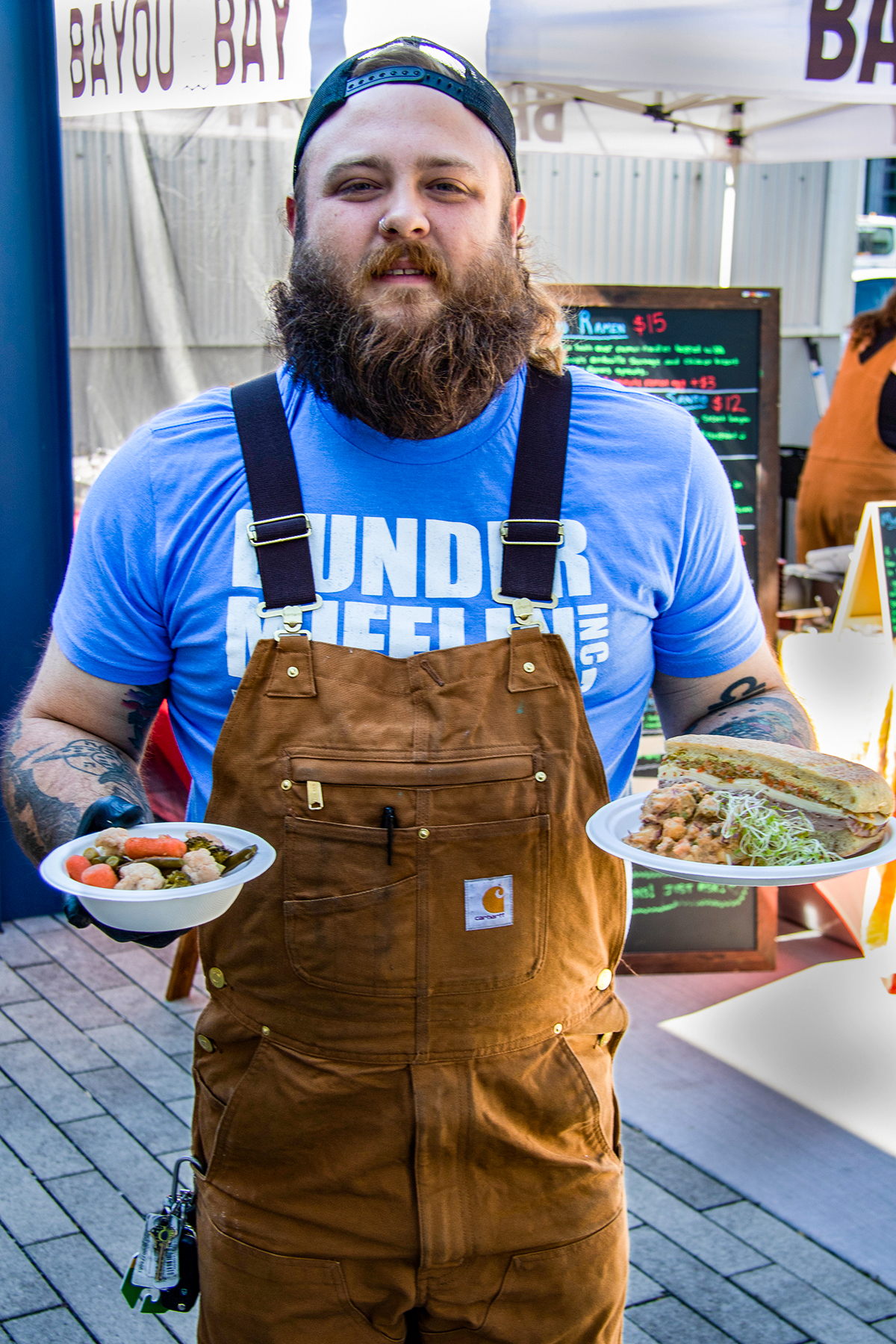Harvest season is a time like no other in Wine Country, where an undercurrent of excitement and urgency flows from August through October in Sonoma County. The grapes on the vine are finally reaching the promised land of ripeness. And as you drive through the county in the early morning, you feel a sense of delight when a truck bumbles past with bins of freshly picked fruit.
With harvest comes a bevy of celebratory events: winery dinners, harvest lunches, festivals and fairs — all worthwhile ways to commemorate the season. But there are also activities designed to get you closer to the action, whether that’s in the vineyard, on the crush pad or near the grape-sorting table.
Here are some of the unique harvest-season activities happening in Wine Country.
Sept. 17
Harvest wine camp at Trombetta Family Wines: Trombetta winemaker Erica Stancliff will lead a one-day harvest wine camp at the winery in Forestville. The day will start with homemade cinnamon rolls and coffee, followed by a grape harvest demonstration in the estate vineyard. Visitors can harvest fruit for the winery’s 2022 rosé, then enjoy a gourmet backyard barbecue, including 2021 rosé from last year’s camp.
Tickets are $100 per person ($75 for wine club members). To sign up, visit trombettawines.com or call 707-887-7814. Trombetta Family Wines, 129 Nolan Court, Forestville.
Sept. 18
Winemaker harvest walk and tasting at West Wines: Join West Wines winemaker Katarina Bonde for a harvest walk through the winery’s Dry Creek vineyard. Visitors will be able to pick grape samples and test the Brix (sugar content), pH levels and flavor of the berries, while Bonde shares insight on the harvest and winemaking. The event includes a guided wine flight on the vineyard patio. Boxed lunches and charcuterie are available to order ahead of the event. Be sure to wear comfortable closed-toe shoes.
Price is $50 per person, with food sold separately. To sign up, visit westwines.com or call 707-433-2066. West Wines, 1000 Dry Creek Road, Healdsburg.
Sept. 20-21
Instagram-approved package at St. Francis Winery: St. Francis Winery is inviting winery visitors to “do it for the ’gram” this September with their Instagram Approved Package. Designed for those seeking to kick up their Instagram game a notch, the package includes a 30-minute hair and makeup styling session, a 30-minute photo session with a professional photographer and a wine-paired lunch in the Vineyard Portico. All photos are shot on your personal smartphone for easy sharing access and “bragging rights,” according to the winery’s website.
The Instagram Approved Package is $100 per person, with a $50 discount for groups of four. To sign up, visit stfranciswinery.com/experiences/#gram. St. Francis Winery, 100 Pythian Road at Highway 12, Santa Rosa; 707-833-0240.
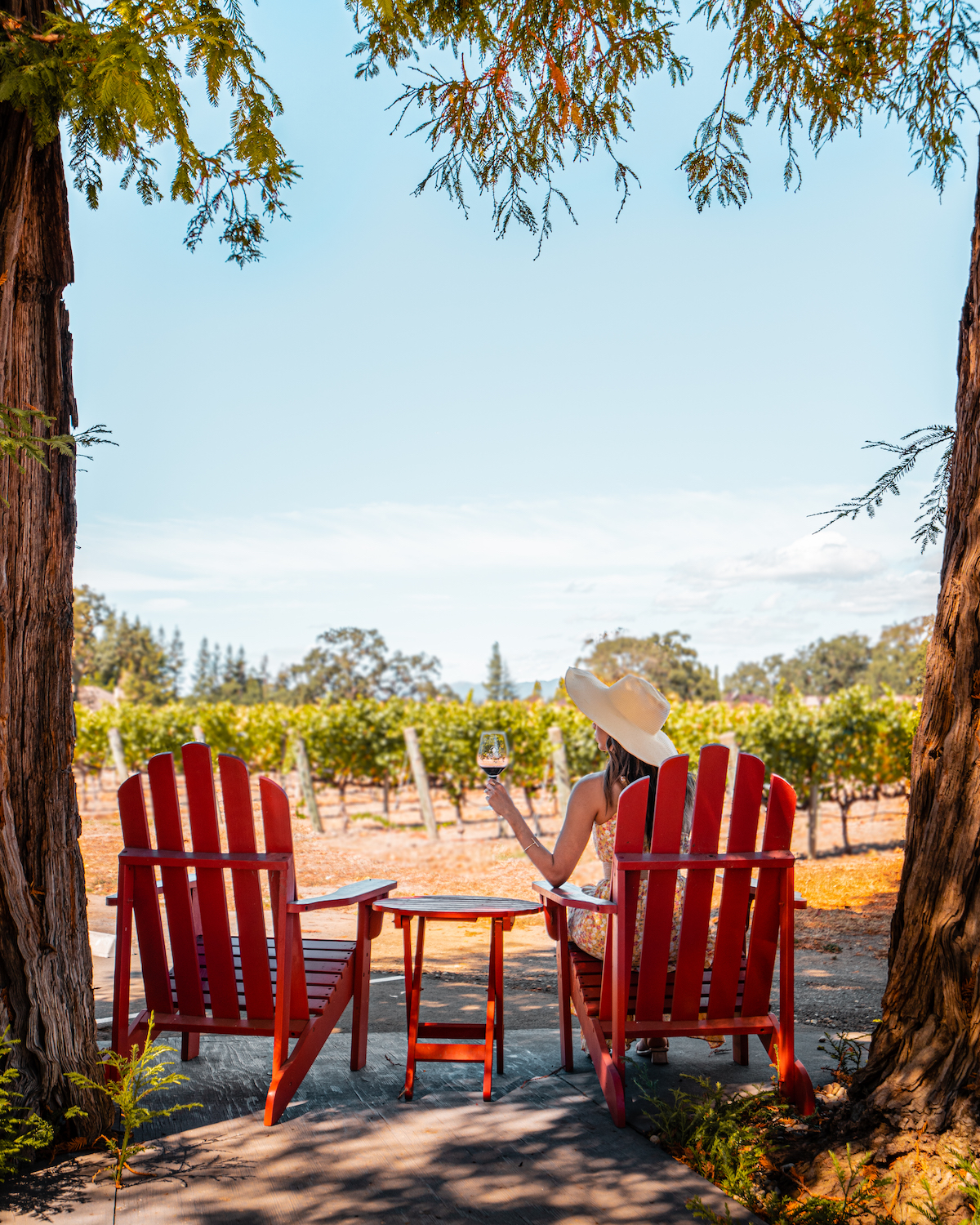
Sept. 24 and Oct. 8
Harvest tours at Hanna Winery: Join Hanna winemaker Jeff Hinchcliffe for a behind-the-scenes look at this year’s harvest. The morning will begin with a stroll through Hanna’s pinot noir vineyard, followed by a tour of the crush pad in action as the grape trucks roll in. Watch the winemaking team sort grapes before they’re pressed and separated into skins and juice. Then sample sauvignon blanc fermenting in the tank and barrel to learn about oak aging. The tour will end with a picnic lunch and wine tasting.
Prices are $100 per person, or $80 for wine club members. To purchase tickets, visit hannawinery.com/Experiences/Winery-Events. Hanna Winery, 5353 Occidental Road, Santa Rosa.
Oct. 15
Crash course in crush at The CIA at Copia: Beverage expert Traci Dutton will lead a crash course in crush at The CIA at Copia. Attendees will gain an insider’s perspective on grape growing and winemaking, with an emphasis on the harvest. A guided tasting of wines made with different techniques will be included to help visitors gain perspective.
Must be at least 21 to participate. Price is $65 per person. To register, call 800-888-7850 or email ciacustomerservice@culinary.edu. The CIA at Copia, 500 First St., Napa; ciaatcopia.com
Oct. 15
World Championship Grape Stomp at Sonoma County Harvest Fair: Grape stomping may have originated in ancient Rome, but Sonoma County can claim the World Championship Grape Stomp as our own. As part of the Sonoma County Harvest Fair, this annual grape stomp in Santa Rosa invites people of all ages to compete in the winemaking tradition of crushing grapes by foot. “Stompers” crush the grapes while “swabbies” direct the juice into the glass jugs. During the final round, 60 pounds of grapes will be stomped for five minutes. Whichever team fills the jugs with the most juice will win $1,500. Costumes are encouraged, and the best-dressed team will get a special award.
The entry fee is $40 per team. To sign up, visit harvestfair.org/grape-stomp or email specialevents@sonomacountyfair.com. Bystanders can access the event with a Harvest Fair entry ticket.
Oct. 15
Create your own zin blend with Wine Road: Become a winemaker for a day during this hands-on zinfandel blending seminar with Michael Talty from Talty Vineyards & Winery, Brandon Lapidas from Arminda Winery and Rick Hutchinson from Amphora Winery. Learn what winemakers look for when creating a blend and how they balance their wines. You’ll then get to create your own blend of zinfandel, petite sirah and carignan and see how your blend stacks up against those made by your neighboring blenders.
Tickets are $50 per person, or $25 for Wine Road Insiders. To sign up, visit wineroad.com. Talty Vineyards & Winery, 7127 Dry Creek Road, Healdsburg.
You can reach Staff Writer Sarah Doyle at 707-521-5478 or sarah.doyle@pressdemocrat.com.


